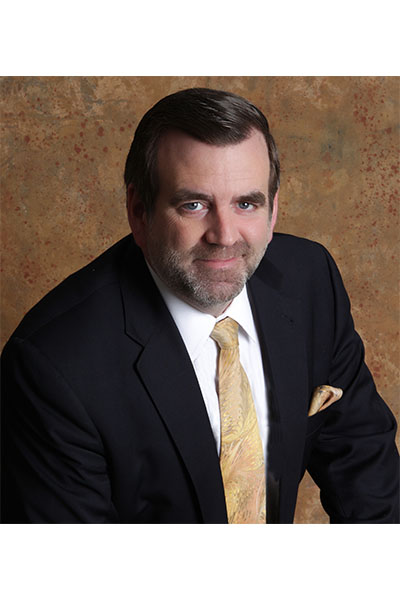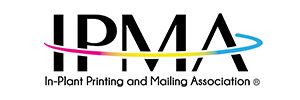Production inkjet presses. File-managed processing with job and piece level tracking. Seamless acceptance for full-service Intelligent Mail barcode mailings. Artificial intelligence extracting information from inbound paper documents.
Implementing just one of those solutions is a challenge. Taking advantage of the capabilities of those technologies requires transforming digital and production workflows. In most cases, print and mail professionals will need to venture far outside their comfort zones.
Workflow in mail was fairly simple for decades. For inbound mail – count, rough sort, fine sort, deliver. Accountable mail meant verifying what was received and getting signatures upon delivery. We created outbound mail by cleaning addresses, processing print files (in black & white), inserting and handing off to the US Postal Service.
Of course, those are simplified descriptions of the processes, but not too far off. The twin focal points were throughput and cost-per-piece – getting out the most amount of work quickly for the least amount of money. Accuracy was important, but limitations were expected – and accepted.
Meeting the needs of today’s customers means developing workflows that deliver the right information in the preferred format to the right person at the right time. Every aspect – text, data, color, media, address (physical or electronic) and timeliness must be exactly right. Similarly, the operation must be able to receive and process inbound messages with the same level of flexibility and competence.
Doing this correctly requires more than just following the right steps. Organizations must create new workflows to take advantage of innovative technologies and achieve exacting standards. Methodologies that have produced positive results for years will need to be transformed.
Therein lies the challenge – abandoning what was successful in the past. It’s not that the team was doing anything wrong, it’s just not the best way forward. Documents are more than just ink – or toner – on paper. Physical mail requires data to go along with the envelope. Communication isn’t one way using one medium.
Leaders implementing this level of change need to communicate it to all of their employees. Everyone involved from programmers to operators to clerks to drivers have to understand what is happening. Even more importantly, they need to know why the changes are happening.
Create pictures of what the future will look like and map out how you will get there. Don’t use wire diagrams that look like mazes on top of mazes. Walk through the journey the documents, the customers and the employees will take in the future environment. Explain the opportunities created when implementing workflows that improve engagement for everyone involved.
As the project moves forward, challenges will appear. The team may struggle with unforeseen obstacles – software that doesn’t perform as expected, delays in receiving equipment, the departure of members of the team. Because people are human, someone may make an honest mistake that has larger than expected repercussions.

The leader must continue to communicate throughout the process. Explain how the challenges will be overcome and what the new path looks like. Always take the time to celebrate small wins as they occur. Remind everyone of the goal, and how every step forward is a step closer to success.
The document is transforming and so must our organizations. There will be unexpected challenges, obscured paths, and moments of failure. Leaders will show their teams how to take advantage of the new opportunities that didn’t exist yesterday.
The future is here.

Mark M. Fallon is president and CEO of The Berkshire Company, a consulting firm specializing in mail and document processing strategies. The company develops customized solutions integrating proven management concepts with emerging technologies to achieve total process management. He offers a vision of the document that integrates technology, data quality, process integrity, and electronic delivery. His successes are based upon using leadership to implement innovative solutions in the document process. You can contact Mark at mmf@berkshire-company.com.
